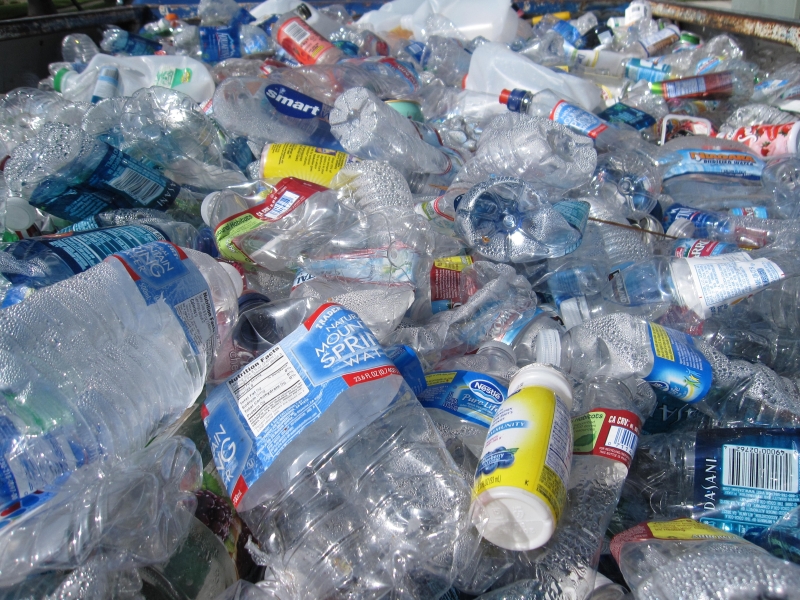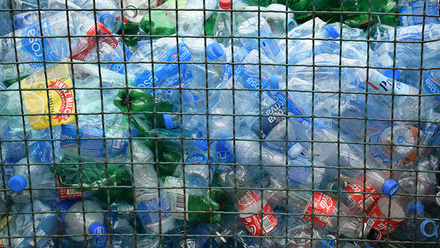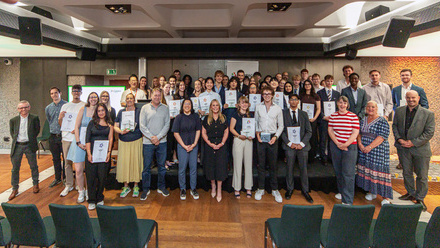UN releases two reports on global action on plastic pollution
The UN have launched one report on the chemical-related issues of plastics pollution and another on creating a circular economy.

The Chemicals in Plastics: A Technical Report calls for action based on scientific evidence and aims to inform the global community about the chemical-related issues of plastic pollution, particularly their adverse impacts on human health and the environment as well as on resource efficiency and circularity.
The second report Turning off the Tap: How the world can end plastic pollution and create a circular economy proposes a systems change to address the causes of plastic pollution, combining reducing problematic and unnecessary plastic use with a market transformation towards circularity in plastics.
The chemicals-related report also aims to support the negotiation process to develop an instrument on plastic pollution based on UN Environment Assembly resolution 5/14.
The publication outlines a set of publicly available scientific studies and initiatives focused on chemicals in plastics and the science-policy interface.
Some key findings are:
- Based on the latest studies, more than 13,000 chemicals have been identified as associated with plastics and plastic production across a wide range of applications.
- Ten groups of chemicals (based on chemistry, uses, or sources) are identified as being of major concern due to their high toxicity and potential to migrate or be released from plastics, including specific flame retardants, certain UV stabilizers, per- and polyfluoroalkyl substances (PFASs), phthalates, bisphenols, alkylphenols and alkylphenol ethoxylates, biocides, certain metals and metalloids, polycyclic aromatic hydrocarbons, and many other non-intentionally added substances (NIAS).
- Chemicals of concern have been found in plastics across a wide range of sectors and products value chains, including toys and other children's products, packaging (including food contact materials), electrical and electronic equipment, vehicles, synthetic textiles and related materials, furniture, building materials, medical devices, personal care and household products, and agriculture, aquaculture and fisheries.
- Chemicals of concern in plastics can impact our health and our environment: Extensive scientific data on the potential adverse impacts of about 7,000 substances associated with plastics show that more than 3,200 of them have one or more hazardous properties of concern.
- Chemicals of concern can be released from plastic along its entire life cycle, during not only the extraction of raw materials, production of polymers and manufacture of plastic products, but also the use of plastic products and at the end of their life, particularly when waste is not properly managed, finding their way to the air, water and soils.
In the second report Turning off the Tap report, the UN outlines how a systems change can be achieved by accelerating three key shifts – reuse, recycle, and reorient and diversify – and actions to deal with the legacy of plastic pollution.
The report highlights the importance of accelerating the recycling market for plastic recycling by ensuring that recycling becomes a more profitable venture.
Reorienting and diversifying refer to shifting the market towards sustainable plastic alternatives, which will require a shift in consumer demand, regulatory frameworks and costs.
The report highlights that these solutions are available now and that a systems change, underpinned by the necessary regulatory instruments, will result in a range of economic benefits and reduce damage to human health, the environment and the climate.







